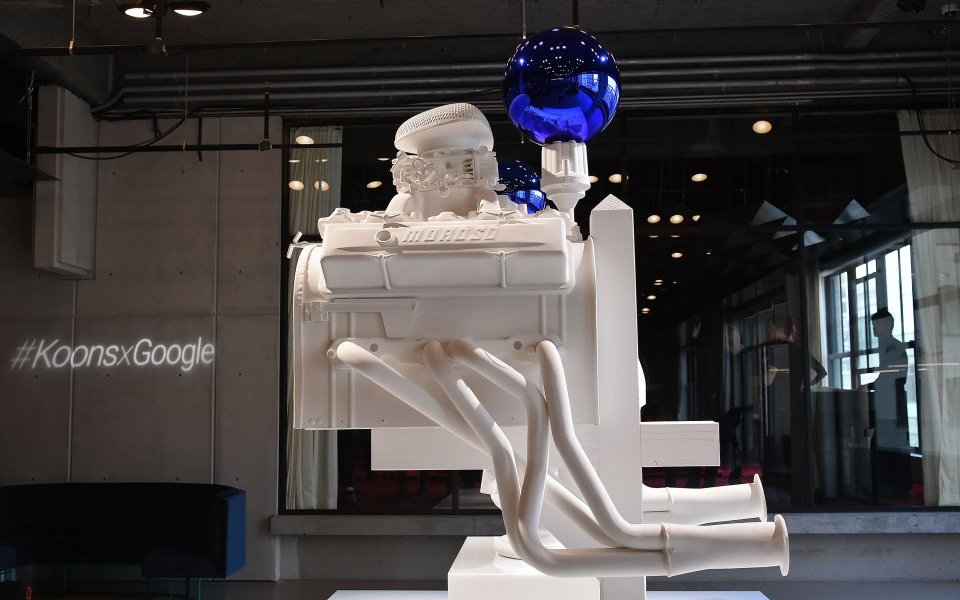-
Tips for becoming a good boxer - November 6, 2020
-
7 expert tips for making your hens night a memorable one - November 6, 2020
-
5 reasons to host your Christmas party on a cruise boat - November 6, 2020
-
What to do when you’re charged with a crime - November 6, 2020
-
Should you get one or multiple dogs? Here’s all you need to know - November 3, 2020
-
A Guide: How to Build Your Very Own Magic Mirror - February 14, 2019
-
Our Top Inspirational Baseball Stars - November 24, 2018
-
Five Tech Tools That Will Help You Turn Your Blog into a Business - November 24, 2018
-
How to Indulge on Vacation without Expanding Your Waist - November 9, 2018
-
5 Strategies for Businesses to Appeal to Today’s Increasingly Mobile-Crazed Customers - November 9, 2018
Google’s New Research Project Called Magenta Will Test Artificial Intelligence On Creativity
“The question Magenta asks is, ‘Can machines make music and art?”
Advertisement
Magenta is an experimental project to see if artifical intelligence is capable of ccomposing original songs and art.
Google now uses TensorFlow for speech recognition in the Google app, Smart Reply in Inbox and to search in Google Photos. Google is apparently working on a project to see if AI can be independently creative.
Douglas Eck, who is a researcher at Google Brain, said that during the four-day music and technology festival called Moogfest in Durham, North Carolina, the project wants to move from music to videos and then to visual arts. However, like most machine-learning projects, Magenta will get bette the more data is uploaded and analysed.
But Magenta will aim to create tools to help other researchers, as well as its own team, explore the creative potential of computers.
Initially, Magenta will launch a simple program that would enable researchers to import music data from MIDI music files into TensorFlow and hence train the system to recognize and gain musical knowledge.
Magenta will go a step further, looking at how AI can create music, video and other visual media. Project Magenta is going to use Google’s TensorFlow, an open source distributed computing machine learning and neural network framework.
Adam Roberts, a member of Eck’s team, told Quartz that the Magenta group will on June 1 start posting more information about the resources it will be producing, adding new software on its GitHub page, and posting regular updates to a blog.
Google Magenta was recently announced by researcher Douglas Eck, one of the individuals taking part in the program.
Google is determined to make Artificial Intelligence more human, and this time it’s teaching robots how to sing – well how to make music, anyway. “And I wanted to demystify this a little bit”, said Eck. Google is pretty confident that Magenta will improve, and suggests that Magenta could be used to generate music for the public.
Advertisement
Magenta is created to allow users to explore AI’s ability, and Mr. Eck’s first goal is to have the computer make and enhance music.





























